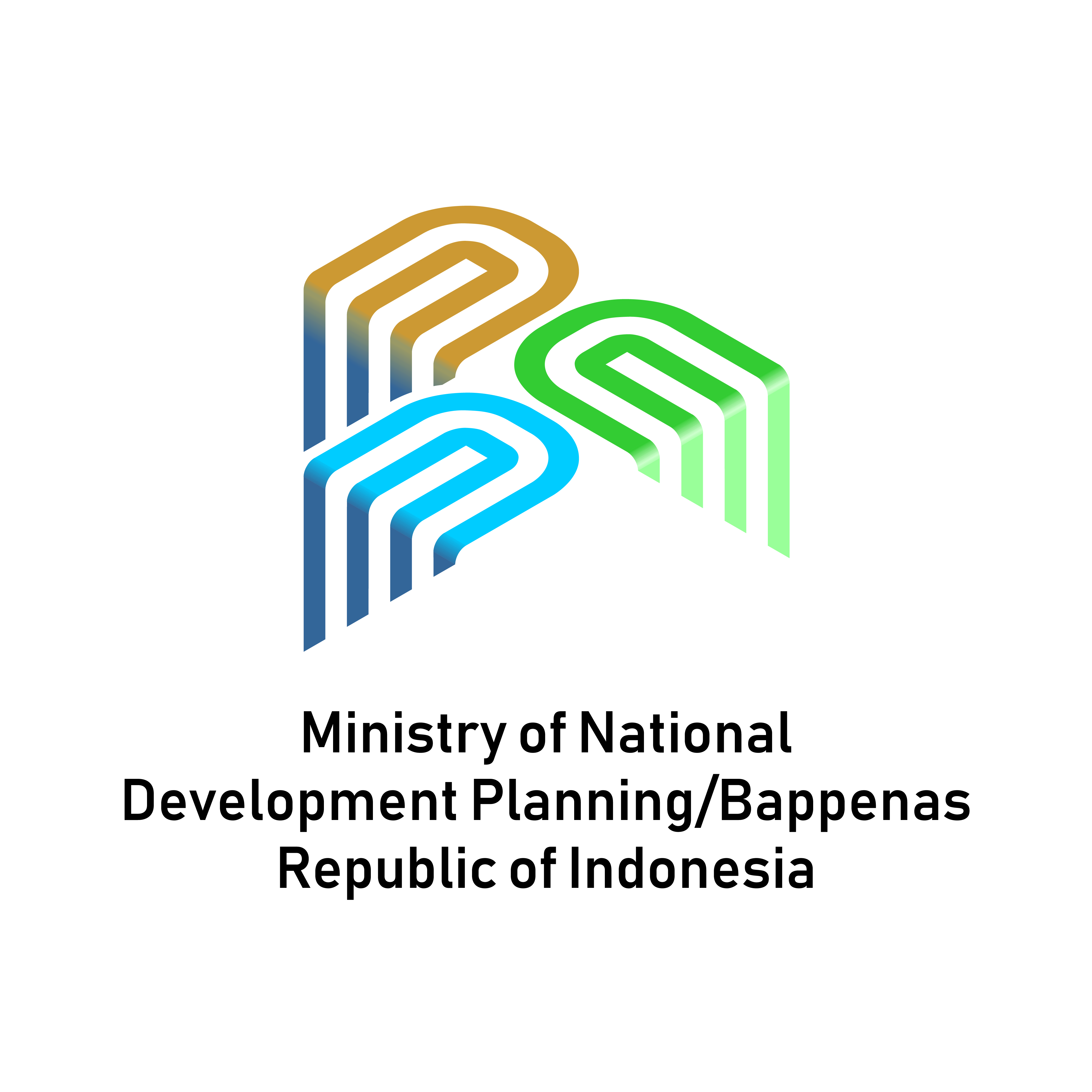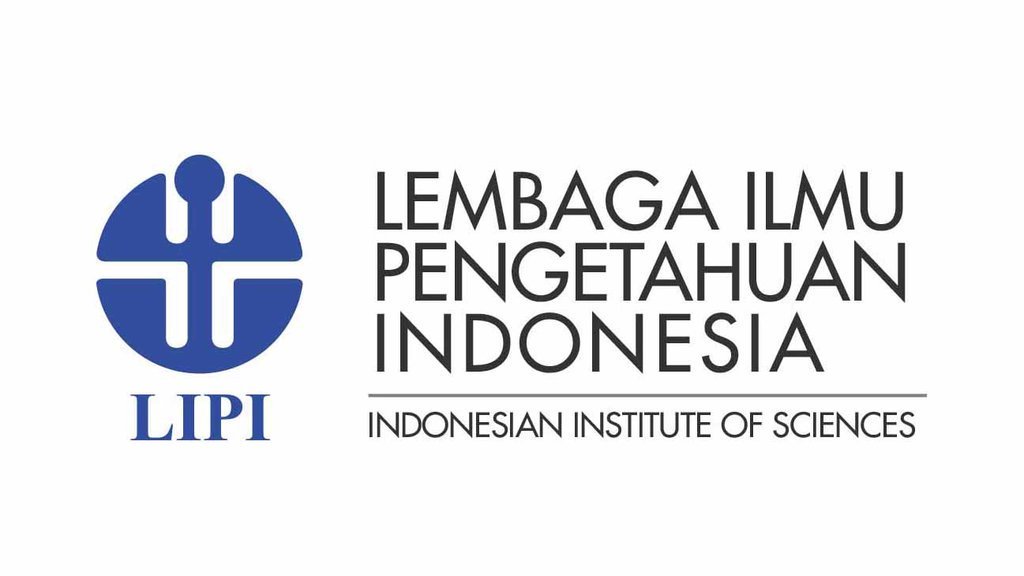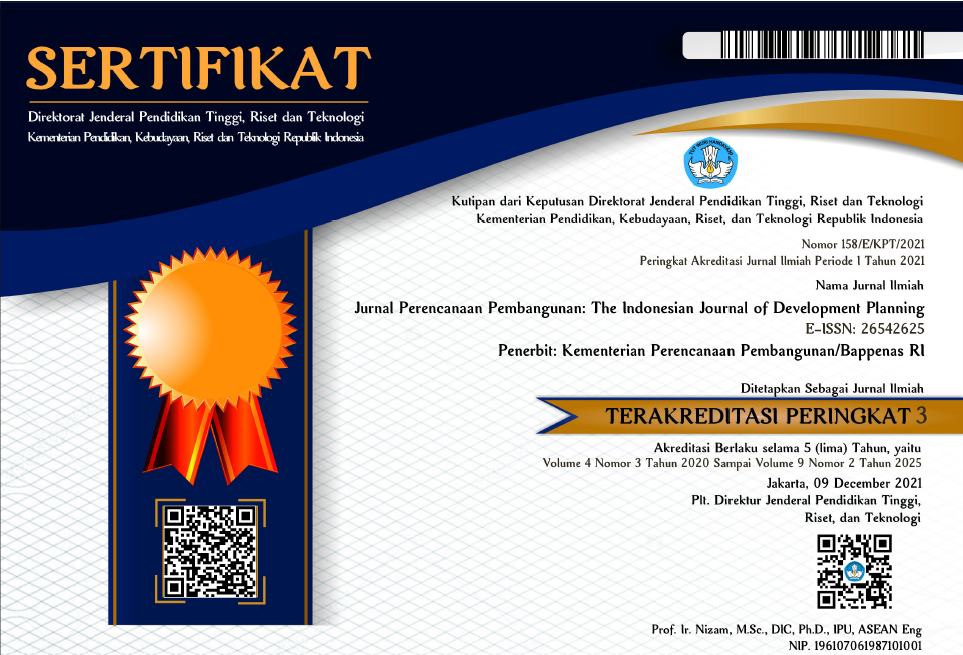Does Government Expenditure Affect Poverty, Health, and Education? Evidence from Aceh, Indonesia
DOI:
https://doi.org/10.36574/jpp.v6i1.249Keywords:
poverty, health, education, government expenditure, Special Autonomy Fund, Synthetic Control Method, AcehAbstract
Economists have talked about government expenditure and its relation to poverty, health, and education for decades. Indeed, many theories and empirical evidence have been conducted since then. This study evaluates the relationship between Special Autonomy Fund (SAF) and poverty, health, and education indicators in Aceh province, Indonesia, using a panel dataset of 30 regions in the 2002-2018 period. Synthetic Control Method (SCM) is used as the model to accommodate the allocation of SAF to Aceh given by the central government since it is commonly applied to the cases of policy intervention in comparative case studies. This paper discovers that the SAF plays a vital role in lowering the poverty rate, escalating access to safe sanitation, and improving the net enrollment ratio of senior secondary schools. However, there is no prominent association between SAF allocation and access to safe water. This outcome variable shows positive and negative signs; therefore, a conclusion could not be provided.
Downloads
References
Ahmed, K. S. (2019). Wagner's Law vs. Keynesian Hypothesis: New Evidence from Egypt. International Jurnal of Arts and Commerce, 8(3): 1-18.
Anand, S. and Ravallion, R. (1993). Human Development in Poor Countries: on the Role of Private Incomes and Public Services. The Journal of Economic Perspectives, 7: 133-50.
Anderson, E. et al. (2018). Does Government Spending Affect Income Poverty? A Meta-Regression Analysis. World Development, 103: 60-71.
Arestis, P., Sen, H., and Kaya, A. (2020). On the Linkage between Government Expenditure and Output: Empirics of the Keynesian View Versus Wagner's Law. Economic Change and Restructuring, 54: 265-303.
Asghar, N., Hussain, Z., and Rehman, H. U. (2012). The Impact of Government Spending on Poverty Reduction: Evidence from Pakistan 1972 to 2008. African Journal of Business Management, 6(3): 845-853.
Dartanto, T., & Brodjonegoro, B. (2003). Dampak Desentralisasi Fiskal di Indonesia terhadap Pertumbuhan Ekonomi dan Disparitas Antar Daerah: Analisis Model Makro dan Ekonometrik Simultan. Indonesian Journal of Economics and Development, 4(1).
Edame, G. E. & Eturoma, A. D. (2014). The Determinants of Public Expenditure on Educational Infrastructural Facilities and Economic Growth in Nigeria. Journal of Business Management and Economics, 5(6): 152-161.
Fine, B. (1997). Public Spending and the Poor: Theory and Evidence: edited by Dominique van de Walle and Kimberly Nead. Food Policy, Elsevier, 22(1): 97-99. Baltimore and London: John Hopkins University Press.
Gupta, S., Clements, B., and Inchauste, G. (Eds). (2004). Helping Countries Develop: The Role of Fiscal Policy. International Monetary Fund, Washington DC.
Halim, S., Inggrid, and Ottemoesoe, R. S. D. (2013). The Synthetic Regression Method: How the Indian Ocean Tsunami Affects Growth Trajectories. The International Conference on Applied Statistics. Universitas Padjadjaran, 16-18 September 2013.
Howitt, P. (2005). Health, Human Capital and Economic Growth: A Schumpeterian Perspective. In Health and Economic Growth: Findings and Policy Implications. G. Lopez-Casasnovas, B. Rivera, and L. Currais’, eds. Cambridge, MA: MIT Press.
Infopublik (2019). Menkes Nila Menyoroti Beberapa Masalah Kesehatan di Aceh. https://infopublik.id/kategori/nusantara/331340/menkes-nila-menyoroti-beberapa-masalah-kesehatan-di-aceh#>. 02 October 2021.
King, G. and Zheng, L. (2006). The Dangers of Extreme Counterfactuals. Political Analysis, 14(2): 131–159.
Mahi, B. R. (2001). Fiscal Decentralization: Its Impact on Cities Growth. Jurnal Ekonomi Pembangunan Indonesia, 2(1).
Maitra, B. and Mukhopadhyay, C., K. (2012) Public Spending on Education, Health Care and Economic Growth in Selected Countries of Asia and The Pacific. Asia-Pacific Development Journal, 19(2).
McClelland, R. and Gault, S. (2017). The Synthetic Control method as A Tool to Understand State Policy. State and Local Finance Initiative, Urban Institute.
McKay, A. (2004). Assessing the impact of fiscal policy on poverty. In T. Addison & A. Roe (Eds.). Fiscal policy for development: Poverty, reconstruction and growth, Basingstoke: Palgrave Macmillan.
Millsap, A. A. (2021). The High Cost of Too Much Government Spending. https://www.forbes.com/sites/adammillsap/2021/08/06/the-high-costs-of-too-much-government-spending/. 02nd October 2021.
Muhammad, M. (2016). Kebijakan Publik terhadap Pemerintah Daerah (UU tentang Pemerintahan Daerah di Era Reformasi. Jurnal Pengembangan Ilmu Hukum, 12(2): 155-366.
Muthui, N. J., Ksimbei, G., Maingi, J., and Thuku, K. G. (2013). The Impact of Public Expenditure Components on Economic Growth in Kenya 1964-2011. International Journal of Business and Social Science, 4(4).
Nurpratiwi, H. and Hanny. (2019). Dinamika Konflik dan Perdamaian Aceh. Jambura History and Culture Journal, 1(2): 96-107.
Obi, C., U. et al. (2016). Government Education Spending and Education Outcome in Nigeria. International Journal of Economics, Finance and Management Science, 4(4): 223-234.
Obi, Z. C. and Obi, C. O. (2014). Impact of Government Expenditure on Education: The Nigeria Experience. International Journal of Business and Finance Management Research: 42-48.
Peacock, A. T. and Wiseman, J. (1967). The Growth of Public Expenditure in The United Kingdom: Allen and Unwin.
Reubee, A., A. (2020) Mutu Pendidikan Aceh Terendah di Tingkat Nasional. <https://mediaindonesia.com/nusantara/347687/mutu-pendidikan-aceh-terendah-di-tingkat-nasional>. 05 August 2021.
Romer, P. M. (1990). Endogenous Technological Change. Journal of Political Economy, 98(5): 71-102.
Todaro, M. P. and Smith, S. C. (2011). Economic Development (11th ed.). Boston, MA: Addison-Wesley.
United Nations (2013). Millennium Development Goals Report 2013. New York: United Nations.
Downloads
Published
How to Cite
Issue
Section
License
This is an open-access article distributed under the terms of the Creative Commons Attribution-NonCommercial-ShareAlike 4.0 International License. Copyright © Kementerian PPN/Bappenas RI


















